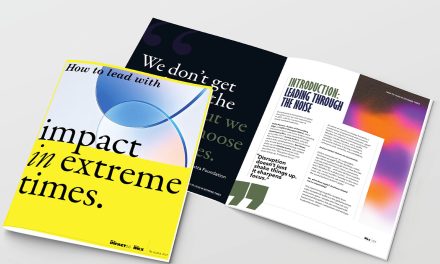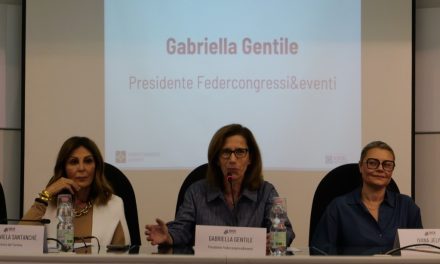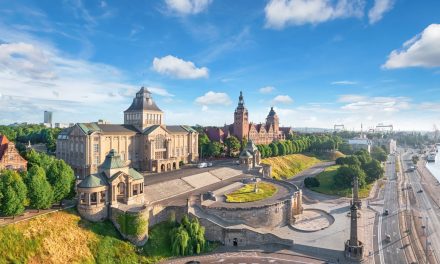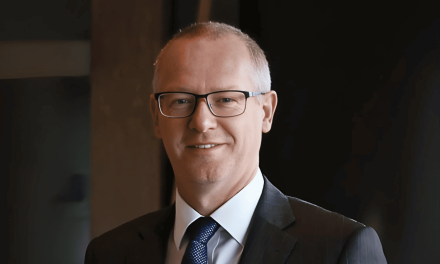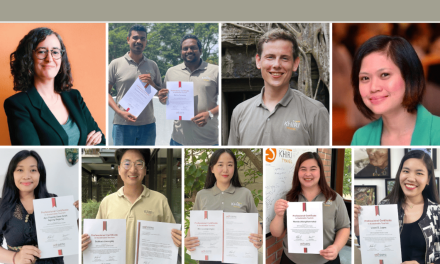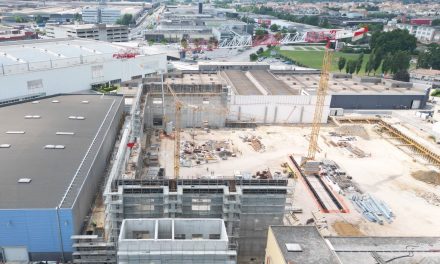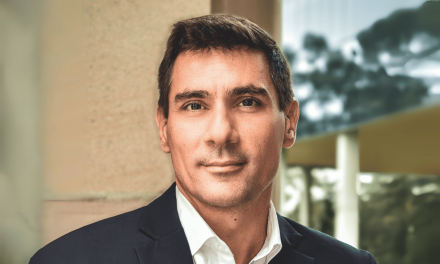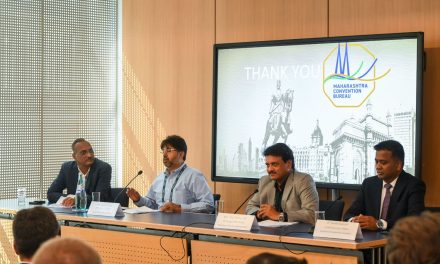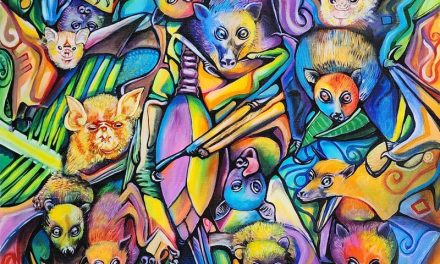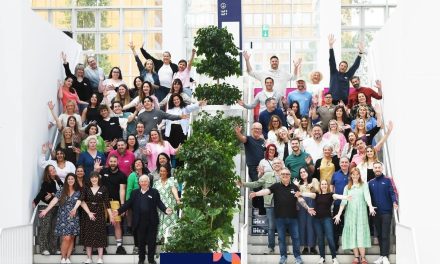CIM: Mr. Jung, what are you currently focusing on when promoting South Korea as a MICE destination?
Chang Wook Jung: The Ministry of Culture, Sports and Tourism and KTO recently held a “MICE Global Leap Declaration Ceremony” and set three goals to enter the “K-MICE era” by 2028. They are: to hold 1,400 international conferences and thus become the number one worldwide, and to attract 1.3 million foreign participants and three billion USD in foreign currencies.
The focus of our medium to long-term strategy to revive the MICE industry is on the topics of “shared regional prosperity” and “future innovation”. The aim is to distribute the demand concentrated in the Seoul metropolitan area to the regions and to develop a new type of major international event by combining digital innovation and meetings across interregional borders.
You speak of a “revival” – to what extent has MICE business in South Korea recovered from the pandemic?
Even if we have not quite reached the level of the pre-corona year 2019, there is a clear recovery trend. The exact figures for the 2023 event year are still being compiled, but we estimate that we have recovered by around 60 percent. This year, which has so far been completely spared by the pandemic, we have already received many inquiries for our destination. We expect to reach the 2019 level again soon.
The effects of the Covid-19 pandemic are slowly but surely behind us, however, there are of course always new challenges for the event industry to overcome. Which ones are you currently facing?
One challenge is that the demand for MICE events is concentrated in the Seoul metropolitan area and is difficult to disperse. There are currently 19 convention centers nationwide. Although there are plans to build new centers, the lack of awareness of their locations poses a problem. To solve this, the Central Tourism Authority wants to diversify the range of MICE facilities by promoting the attractiveness of MICE offers and tourist destinations in the individual regions. As meetings have become smaller and more digital since the pandemic, we are also striving to further develop meeting technology, taking advantage of Korea’s excellent IT technology.
The issue of sustainability is considered one of the most urgent for the global MICE industry. How is South Korea as a meeting destination dealing with this?
South Korea has recognized the importance of sustainability for the MICE industry. Korea Tourism Organization is therefore driving forward the introduction of sustainable management for the domestic event industry: it has created a MICE ESG guideline that meets global standards, which is being actively promoted and disseminated. When supporting international conferences held in South Korea, we also check in advance whether the ESG guidelines have been followed in order to determine the scope of support.
Thank you very much for the interview, Mr. Jung! Johanna Palmu



